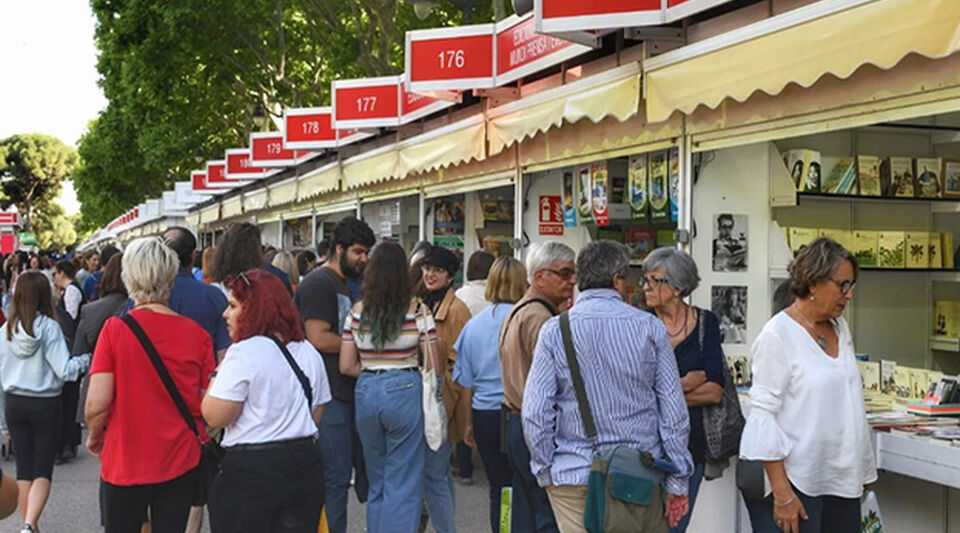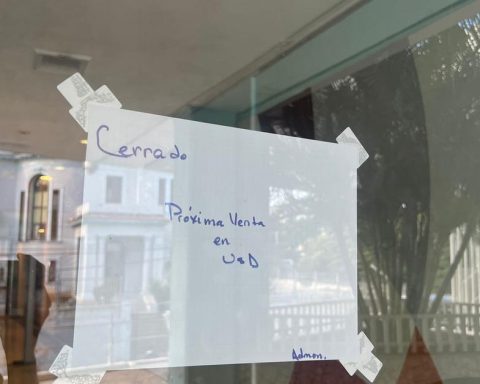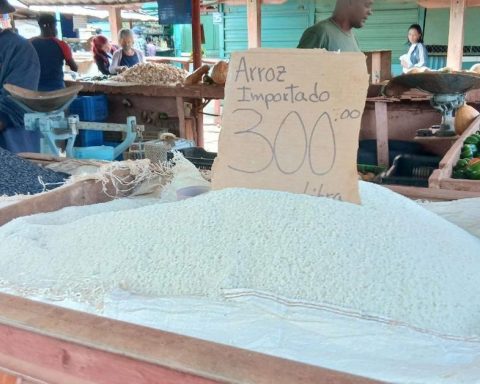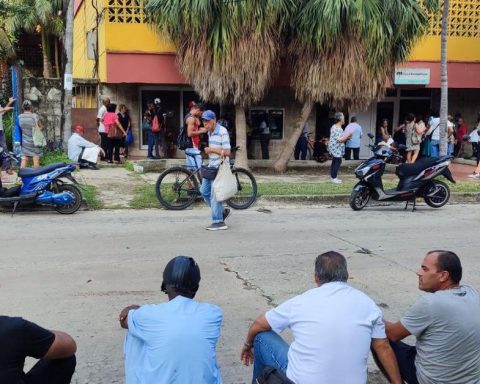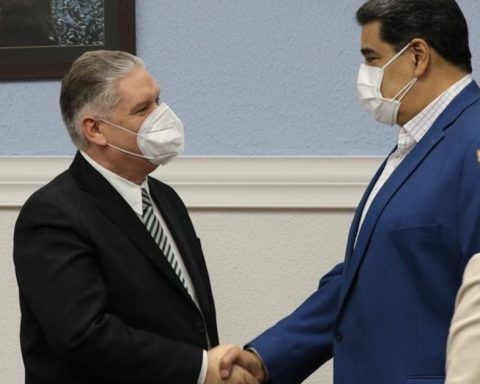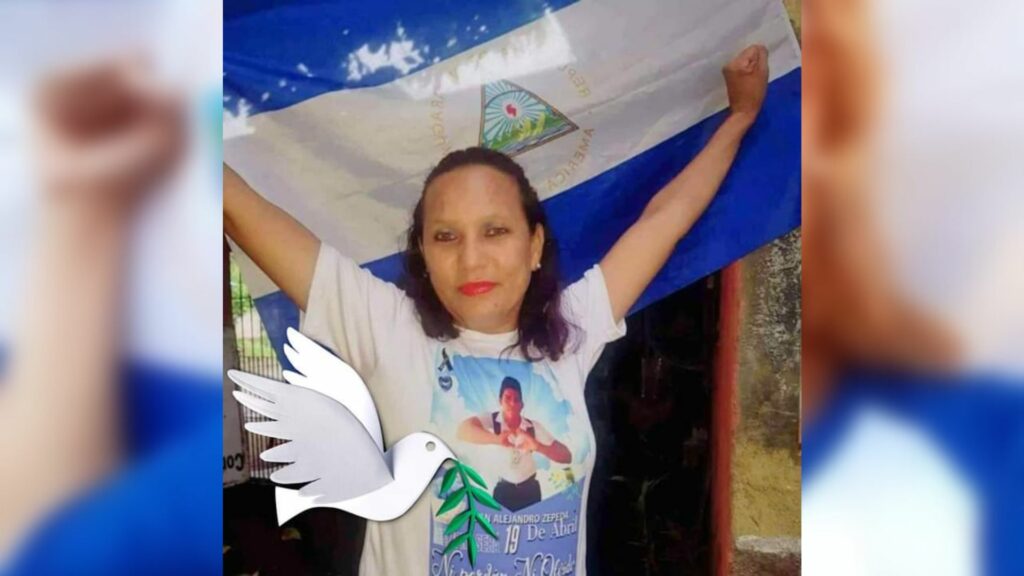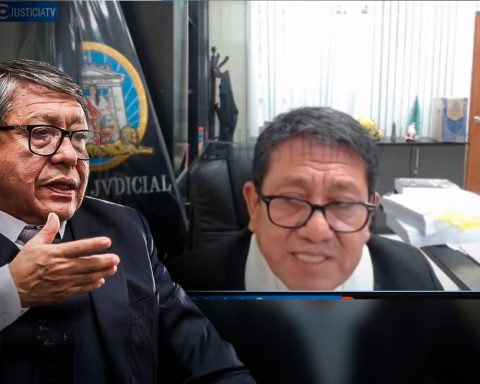The short novel that the reader is holding in his hands is the result of an imaginative flight of high originality as there have been few in Cuban literature, not just the recent one but that of all time. Perhaps this is saying a lot, but I want to prepare readers for a surprise that is as pleasant as it is unexpected, a true aesthetic pleasure. Nothing that has been published recently among Cuban or Latin American writers prepares us for the dazzling novelty of castaway of time (Verbum) work of a young writer who is just becoming known.
It has its plot. That of the unnamed castaway, who suffers the catastrophe of the involuntary immersion that starts him, after a war whose details we do not know, and who reaches a beach in Cabo Lagarto where he is rescued by an old veguero. In his house, filled with the aroma of tobacco, the shipwrecked man enjoys himself with two of his granddaughters, and then with a mulatto woman who joins him, until a fire burns down the house and the veguero, who turns into a heap of ashes put in a bag.
Reduced for the second time to nothing, naked, he reaches a town, which lives in terror of the imminent arrival of a cyclone. He discovers a hotel in ruins, which had been a monastery, where he lives with a cat who shows him the intimacies of the building, particularly a beautiful and isolated garden, a kind of Eden, where a fabulous character lives, a prophetic old man who perishes in the cyclone that collapses. the mansion, although it claimed to be made of stone.
The castaway then embarks on a journey to the East, he says to bury a friend, but above all to meet his father
The shipwrecked man then embarks on a journey to the East, he says to bury a friend, but above all to meet his father, a fisherman whom he had left on a small island, from which he used his pitas to catch fabulous things from the sea. The castaway goes through various adventures on his journey. In a tobacco shop (tobacco is a leitmotiv important) he meets an enigmatic woman with whom he has an intense sexual relationship. Both survive a revolution to overthrow a tyrant we know nothing about. He barely escapes the violence and finally reaches the Orient, a city under the control of an inscrutable governor who leads him to a huge cave that is supposed to be hell.
The cave walls are adorned with indigenous cave paintings with a devilish theme, revealing that the aborigines also had a hellish myth. What is happening around him, however, is a historical regression; the whites are loading everything on galleons to return to Europe, or wherever they came from, with all their culture, leaving the area as it was before the Conquest. The Indians will return to their “natural” state. The castaway finds his father on the well-known island and he tells her about their lives and the end that is coming, a black shadow, death, which finally surrounds him and takes them away, thus closing the narrative. . Even in this summary it can be seen that the story is like a fable, more than a novel itself.
The arc of the story is circular: the castaway searches for his father, his origin, and finds him, but at the same time to death
The arc of the story is circular: the castaway searches for his father, his origin, and finds him, but at the same time to death. His journey to the East is towards dawn, but also towards sunset. The time in which he has been shipwrecked is cosmic. He moves between figures and events without specificity: abstract, symbolic and almost allegorical. He himself has no name, his father is going to reveal it to him at the end, but they die first. The unnamed castaway reminds the protagonist of the solitudes de Góngora, that “superabsent”, because we know little about him, except that he does not pursue that knowledge either. The veguero turns into ash, the woman whose name is given –Berenice– lacks specificity; neither does she have the governor at the end, nor her own father, whose name we never get to know. As a shipwrecked man, the protagonist is the product of an accident, that is to say, that something is missing, that, immersed in the water, he will have to lose any identity that memory provides him. Water is like memory. Emerging from the shipwreck is like a birth, an emergence from the amniotic fluid devoid of past; his life will be a series of inaugurations, and so are the events that happen to him, for that reason they bring an aura of novelty and surprise that cause pleasure to the reader.
The time in which this pilgrim is shipwrecked is cosmic, as is his journey from death to death, passing through one or several births. The allusion to Dante in the infernal scenes when the action ends seals this universal time that only has literary extension in such a classic, or in the temporal regression that is the clearest reference to Carpentier ( journey to the seed), apart from the title that reminds time war. This story could appear in that foundational book, it is as unusual as the best stories of it. Like Carpentier, Carbonell borders on the allegorical, but without completely falling into it; it is saved by the specific elements of the narration, which give it a realistic tone that suddenly dissipates when the surprises of the new appear, like the old stony man in the hotel garden. The scene of that prophetic old man has a wonderful aura, but beyond the “real wonderful” or “American wonderful.” It is a marvel without possible comparison or parallel. The lack of precise location contributes to the cosmic, and this to fiction.
There are elements that allude to Cuba. For example, Cabo Lagarto and “caiman” recall the identification of the shape of the island of Cuba with those animals. The tobacco area where the protagonist ends up has a lot of Pinar del Río, Vuelta Abajo, where the best tobacco in the world is grown. The revolution in which he finds himself involved seems to be an allusion to the Cuban one, although it may also recall the Wars of Independence. The same with the region called Oriente, which is reminiscent of the Cuban province of the same name, partly due to the presence of a virgin, reminiscent of La Caridad, which is from that region. The trip to the East is like turning the history of Cuba upside down, where the main historical movements –Taino, Spanish, wars of independence, Revolution– move from East to West (the invasion of Antonio Maceo), which is what Severo Sarduy explodes in his Where are the singers from. This is like a deliberate subversion. There are Cubanisms in the text, such as “mandados” for food, or expressions that are no longer popular but rather trinkets, such as “bacán” or “bárbaro” to designate something notable. But overall, castaway of time it has very little of costumbrismo; Cuban is like an aura.
There is a symbolic framework that gives the text a profound poetic dimension and where the most intrinsically Cuban could be housed. The symbolism revolves around tobacco, which predominates in the first adventures of the castaway in Cabo Lagarto. Tobacco, its smell, its taste, its smoke, the smoking rituals appear associated with sex, the erotic, and of course (without medical inanities) with death – it is the eternal pleasure-death duality. Tobacco is equated to the sensation of women’s skin and to the gloating of its smoke, which permeates the air we breathe, and of course, it is linked to the various arts that the leaf has generated in Cuba. All of this, of course, cannot be overlooked except in relation to the Counterpoint of tobacco and sugar by Fernando Ortiz, that essential book where the artistic projections of this vice in Cuba are better and more thoroughly studied. I say “vice” on purpose, because tobacco constitutes a lethal license that the Tainos granted to humanity, as if to take revenge for the Conquest, and that has become an essential part of what is Cuban at all levels, even for those of we who (no longer) smoke.
Tobacco constitutes a lethal license that the Taínos granted to humanity, as if to take revenge for the Conquest, and that has become an essential part of what is Cuban.
Xavier Carbonell is a young Cuban writer born in 1995 in Camajuaní, a medium-sized town north of the former province of Las Villas, now Villa Clara. He is located just 30 kilometers from Santa Clara, the provincial capital, at whose university he studied philology. After graduating he worked at a publishing house and a literary magazine, and won a local award for his first novel, the book of my dead. He joined Signis, the World Catholic Association for Communication, which sent him first to Ecuador and then to India, where he perfected his English, which he had studied in Cuba. Back on the Island, he presented the novel game over, who had written at the University, to the Italo Calvino Prize awarded by the Union of Writers and Artists of Cuba (Uneac). If he wins, the novel will be published in Cuba. Not receiving a response for a year, he sent the manuscript to Spain to apply for the City of Salamanca Award. He received news the same day that he had received both awards. To the anger of Uneac, he opted for the Spanish, who took him with his wife to Salamanca, where they now reside permanently – they have hope. game over It is also an excellent novel, which I have reviewed in Rialta (in April 2022).
Carbonell is a provincial writer, like so many other Cubans (Guillén, Sarduy, Cabrera Infante), but he is not at all provincial. He has emerged outside the insidious Cuban institutions, demanding political fidelity, and distant from the propaganda that was undoubtedly instilled in him during all his years of study, from elementary school to university. He does not seem to write with the political obsessions of exile either, although his distance from his regime is clear, so his literature seems to be a beginning marked by an independence movement that augurs more future successes.
________________________
Collaborate with our work:
The team of 14ymedio He is committed to doing serious journalism that reflects the reality of deep Cuba. Thank you for accompanying us on this long road. We invite you to continue supporting us, but this time becoming a member of our newspaper. Together we can continue transforming journalism in Cuba.
